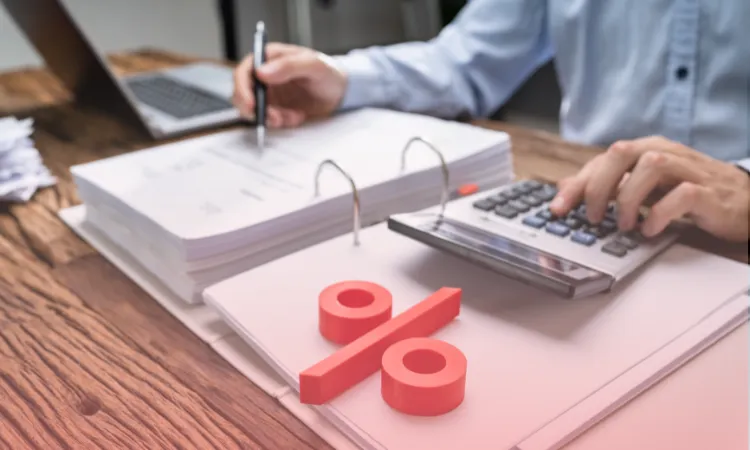Value-Added Tax in the Gulf Cooperation Council and Its Rates
The Gulf Cooperation Council (GCC) is a group of Arab countries in the Persian Gulf, except Iraq. These countries are Saudi Arabia, United Arab Emirates, Bahrain, Kuwait, Oman, and Qatar. The GCC was formed in 1981 to help these countries work together.
The main goal of the GCC is to help the member countries grow together in areas like the economy, society, and culture. One important thing the GCC did was create a common tax system called Value-Added Tax (VAT).
This article gives a simple overview of VAT in the GCC and its rates.
What is Value-Added Tax (VAT)?
Value-Added Tax (VAT) is a type of tax that is added at every step of making and selling goods or services. The final customer pays VAT based on the value of what they buy.
VAT started in the GCC on January 1, 2018. Before that, these countries had different ways of collecting taxes. VAT was brought in to help the government earn money and make tax rules the same across the GCC. The standard VAT rate in GCC countries is 5%.
VAT Rates and How They Work in GCC
Some services and goods are charged a 0% VAT rate. This includes things sent outside the GCC, crude oil, natural gas, real estate deals, healthcare, and education.
United Arab Emirates (UAE)
The UAE started VAT on January 1, 2018, at a rate of 5%. This was a big change because there were no such taxes before. The UAE still has one of the lowest VAT rates in the world.
VAT in the UAE is charged on goods and services at the standard 5% rate. But some items are not taxed or are taxed at 0%, like basic food, healthcare, and education.
If a business in the UAE earns more than AED 375,000, it must register for VAT. If a business earns more than AED 187,500, it can choose to register.
How Mubarak Al Katbi Can Help with VAT Registration
If you need help with VAT registration, Mubarak Al Katbi can guide you. Our skilled team knows the tax rules well and can give advice that fits your business. We help you with VAT registration, lower your tax payments, and avoid fines.
Reach out to Mubarak Al Katbi today to see how we can help you achieve your financial goals.














